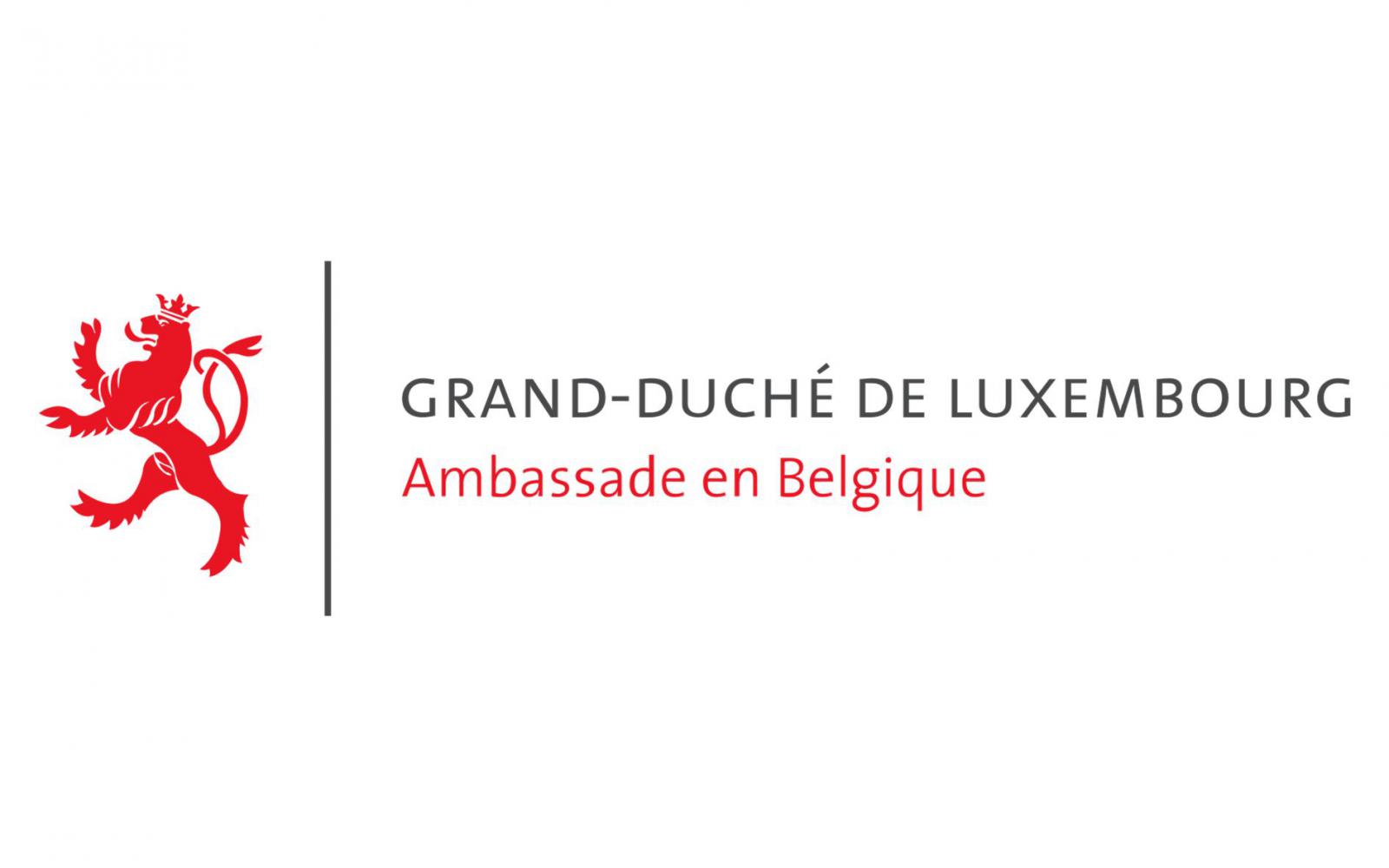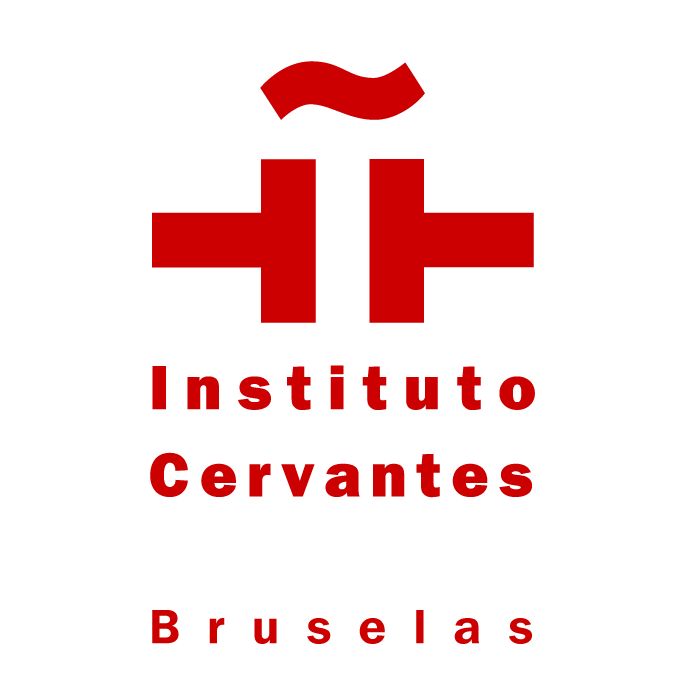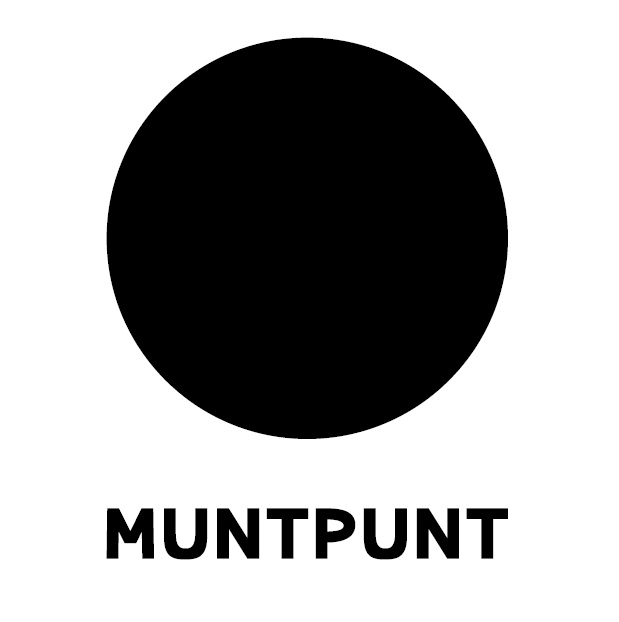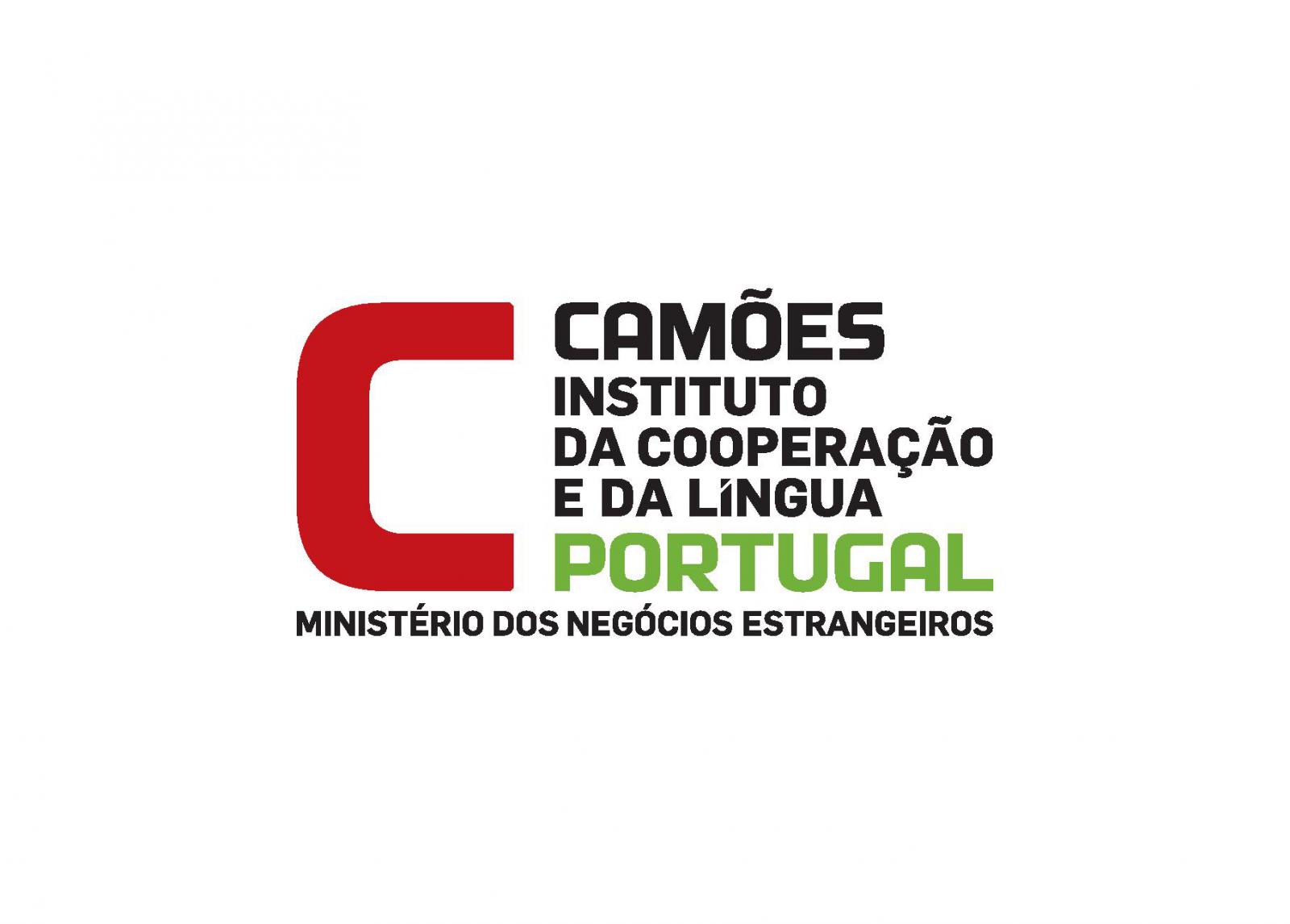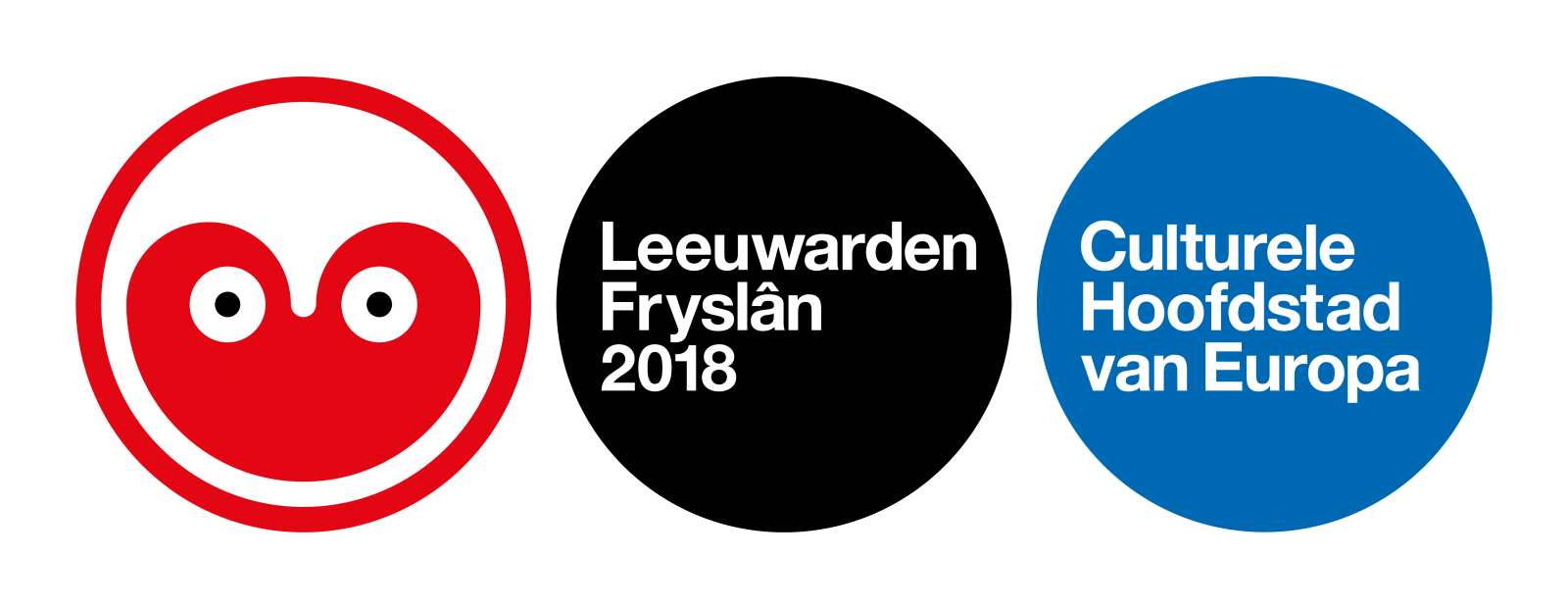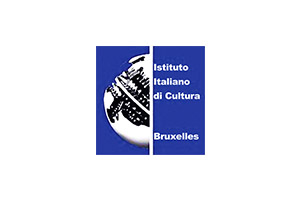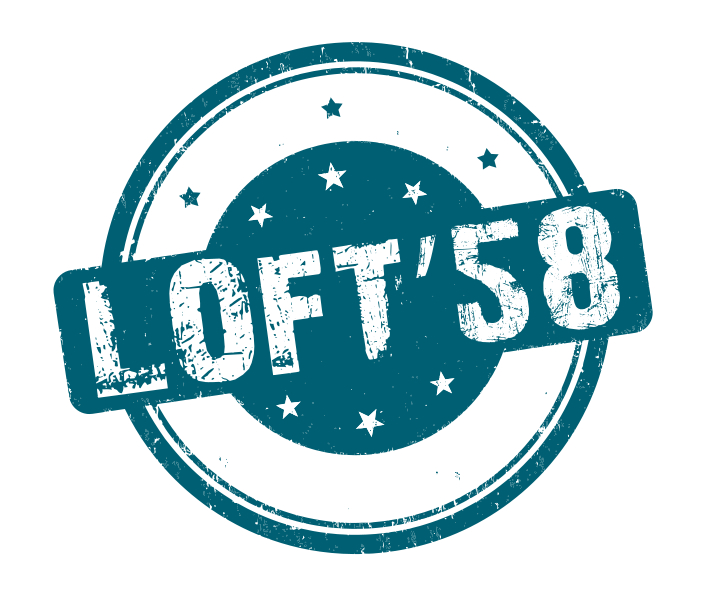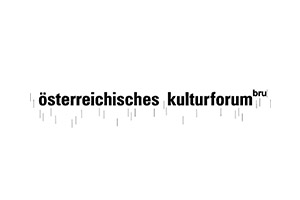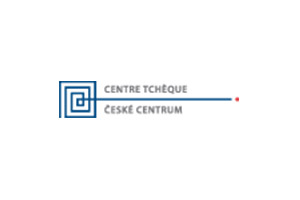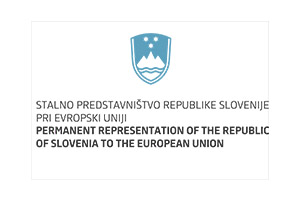Find a poem
Latest updates
-
TRANSPOESIE 2025
09/24/2025 -
Transpoesie 2025 - Programme
09/24/2025 -
Transpoesie 2025 - Open Call
04/16/2025
MIDDLE AGE
MIDDLE AGE
Gaztaroarekin batera aienatu ziren aingeruak
bizitako oro arrastan eramanez. Nora daramate
maitasuna itzaltzen denean? Nor da
ondorioztaturiko tronpoilo hori?
Adiskidantzaren ohitura gelditu da
bizimodu bat beharrean
nortasunaren traza moduan,
ez baikenituen kopetak lorez estali
ez jainkoengan sinetsirik aireratu:
hautsarenak izan genituen batasunak.
Bakarrik zahartuko gara, beraz,
ia ezer asmatu barik. Belaunaldi tristea
gurea hautsi eta hautsi eta eraiki
ez. Familia gelditzen da museoa balitz legez
nahi ez baina bilakatu garen hori.
Esperantza aipa nezakeen hemen baina
ez dut gura; hobe gauzak gezi
eta hotzean ituen argitasun zorrotz horrekin.
Norberak tupust egiten du norberaren aurrean
nor-oteka. Zer egin zen gutaz? Zer dela eta
ageri zaigu ispiluko itzal hori
erresuminaren izkina horretatik beha?
Munduaz amesturikoa genuen helburu
munduak amestu gintuena baino ez gara.
Kainuak jarioa du, tantak zulotik behera doaz,
argiak kirika egiten du loka dagoelakoz.
Beharbada, oraindik ere garaiz gabiltza
zerbait justu ez bada bai aratz sortzeko:
estilo bat, akaso, estilo bat, bai,
maitasuna bukatzean hasten dela maitasuna
aldarrikaraz diezagun, harro. Ez da esperantza
ez da soilik erresuminaren izkina hau
baizik eta gauzen edertasuna luzatzeko irrika,
ordu kuartorako bada ere
oraindik garaiz gabiltzalako sineste eroa.
MIDDLE AGE
The angels vanished at the same time as youth
taking with them all that was experienced. Where do they take
love when it is quenched? Who is
this clumsy person it has become?
The habit of friendship has remained,
a trace of identity
rather than a lifestyle,
because we did not cover our foreheads with flowers
nor breathe out any belief in the gods:
our unions belonged to the dust.
We will grow old alone, then,
almost without inventing anything. A sad generation
ours, destroying and destroying and building
nothing. The family remains as if it were a museum
of what we have become without meaning to.
I could mention hope here but
I do not want to; things are better bitter
and cold, with the harsh clarity of objectives.
Each of us falls before himself
asking who he is. What has become of us? Why
does that shadow appear in the mirror
staring at us from the corner of resentment?
Our goal was what we had dreamed of the world;
we are but what the world dreamed us to be.
The pipes are overflowing, drops fall from a hole,
The light trembles because it is unsteady.
Perhaps we still have time
to create something, if not fair then pure:
A style, perhaps, a style, yes,
that proclaims proudly that
love begins when love ends. It is not hope,
it is not only this corner of resentment
but the desire to prolong the beauty of things,
if only for a quarter of an hour,
the mad belief that we still have time.
Translation: Kristin Addis
MIDDLE AGE
Les anges s’éloignèrent en même temps que la jeunesse
emportant avec eux tout le vécu. Où emmènent-ils
l’amour quand il disparait ? Qui est
ce lourdaud qu’il est devenu ?
L’habitude de l’amitié est restée
comme une façon de vivre nécessaire,
une trace d’identité,
car nous n’avions pas couvert nos fronts de fleurs
ni lancé en l’air en ayant foi dans les dieux :
nos unions appartenaient à la cendre.
Donc, nous vieillirons seuls,
presque sans rien inventer. Génération triste
que la nôtre, détruire, détruire, et ne rien
construire. La famille demeure, tel un musée,
de ce que nous sommes devenus à contre cœur.
Je pourrais parler de l’espoir mais ici
je n’en ai pas envie ; les choses sont mieux
aigres et froides avec la clarté dure des objectifs.
Chacun tombe devant soi en se demandant
qui il est. Qu’ont il fait de nous ? Pourquoi
voit-on cette ombre sur le miroir
qui nous regarde du coin du ressentiment ?
Notre but était le monde que nous avions rêvé
mais nous ne sommes que ce que le monde a rêvé.
La canalisation est abondante, les gouttes filent par le trou,
la lumière tremble parce qu’elle est branlante.
Peut-être, il est encore temps pour nous
de créer quelque chose, non pas juste, mais propre :
un style, surement, un style, oui,
qui proclame fièrement que l’amour commence
quand l’amour finit. Ce n’est pas de l’espoir,
ce n’est pas seulement ce coin du ressentiment
mais le désir de prolonger la beauté des choses,
pour un quart d’heure, la croyance folle
Que nous sommes encore dans les temps.
Traduction: Itxaro Borda
MIDDLE AGE
De engelen zijn samen met de jeugd verdwenen
en hebben alle ervaring meegenomen. Waarheen
brengen ze de liefde als ze is gedoofd? Wie is
de lomperd die ze is geworden?
De vriendschap is bijgebleven als een gewoonte,
als een spoor van leven
eerder dan een levensstijl,
want we hadden ons voorhoofd niet met bloemen bedekt
en geen geloof in de goden uitgeademd:
onze verbintenissen behoorden tot het stof.
Alleen worden we oud, dan,
en we vinden haast niets meer uit. Wat een trieste generatie
is de onze, ze vernietigt en vernietigt en bouwt
niets op. De familie blijft als was ze een museum
van wat we zijn geworden tegen wil en dank.
Ik zou hier over de hoop kunnen spreken maar
dat wil ik niet; de dingen zijn beter
bitter en koud, met hun harde helderheid van streven.
Iedereen valt languit op de grond en vraagt zich af
wie hij dan wel is. Wie zijn we geworden? Waarom
doemt in de spiegel de schaduw op
die ons uit de hoek van de wrok aankijkt?
Ons streven was de droom die we voor de wereld koesterden;
en we zijn maar de droom die de wereld voor ons heeft gekoesterd.
De buizen lopen over, druppels vallen uit een gat,
het licht trilt omdat het wisselvallig flikkert.
Wie weet wordt ons toch nog de tijd gegund
om iets te maken, nee, niet rechtvaardig maar zuiver:
een stijl, wie weet, ja, een stijl
die trots verkondigt dat
liefde aanvangt als ze eindigt. Het is geen hoop,
het is niet alleen die hoek van de wrok
maar het verlangen om de schoonheid van de dingen te verlengen,
al was het maar voor een kwartier,
dat dwaze geloof dat er nog tijd voor ons is weggelegd.
Vertaling: Bart Vonck

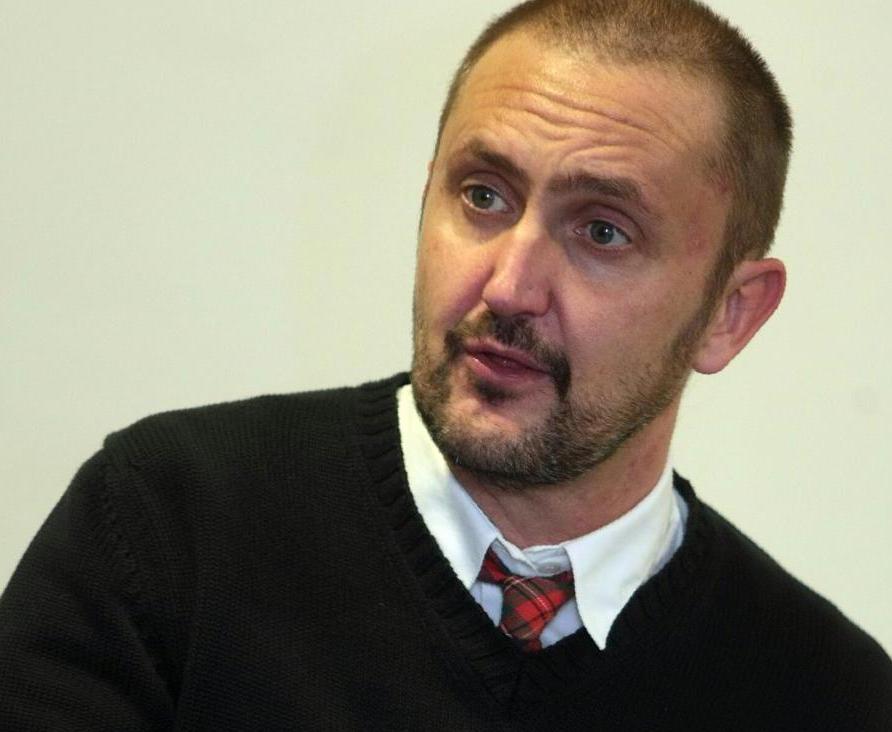
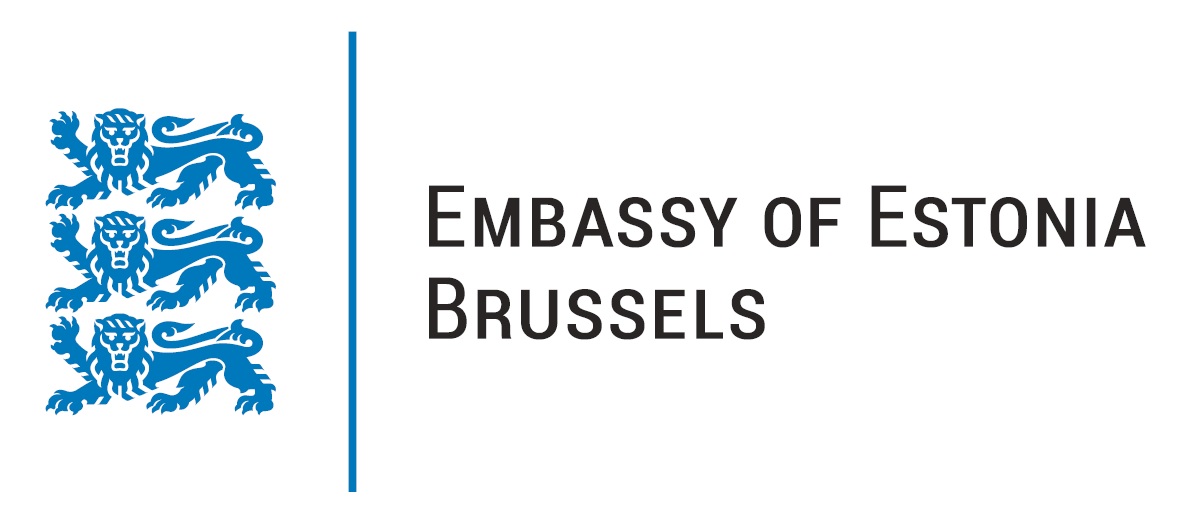

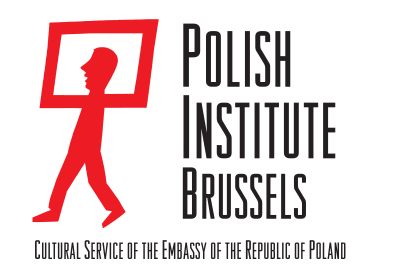
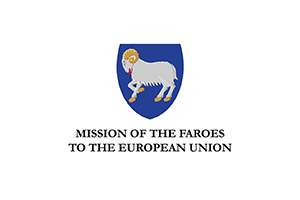
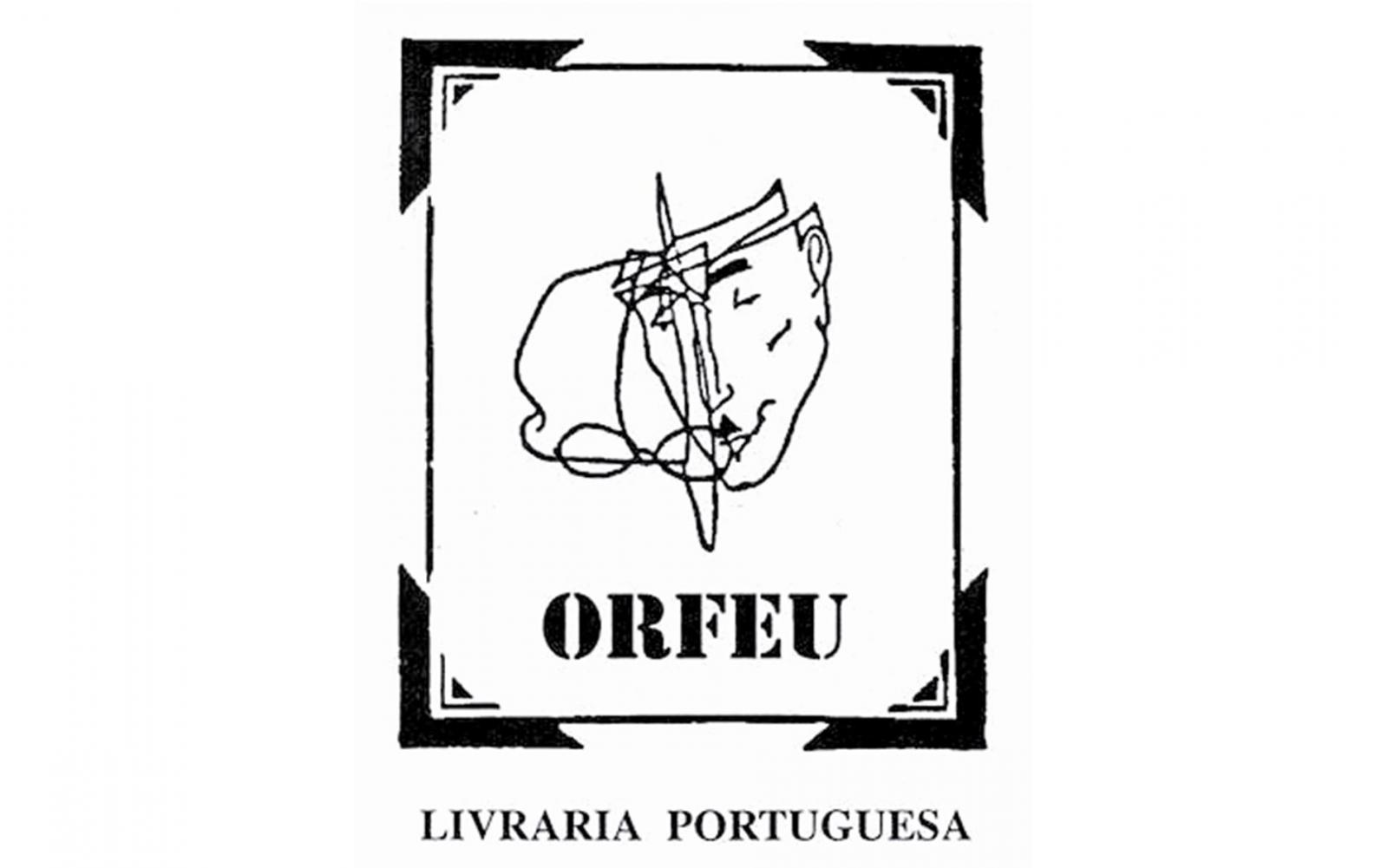

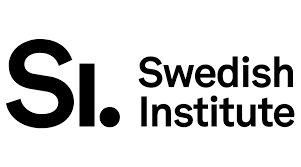
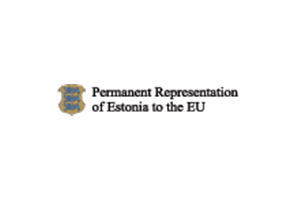
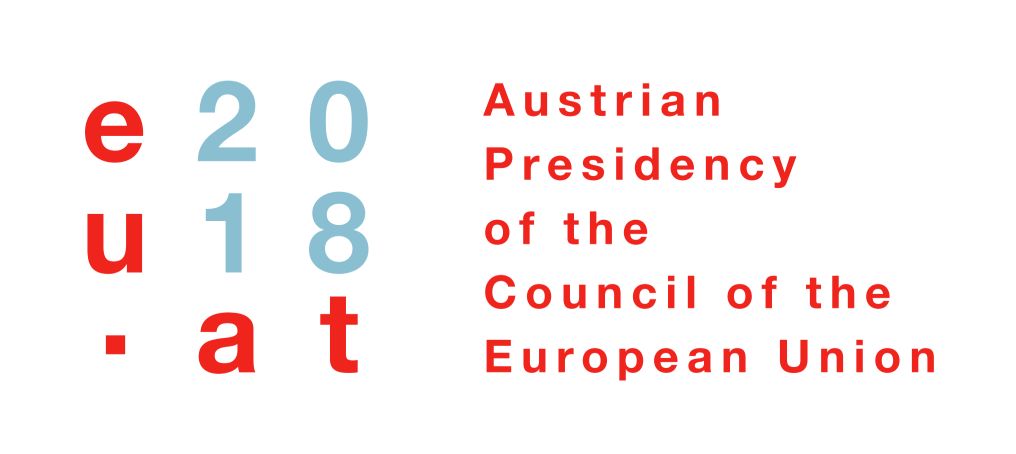

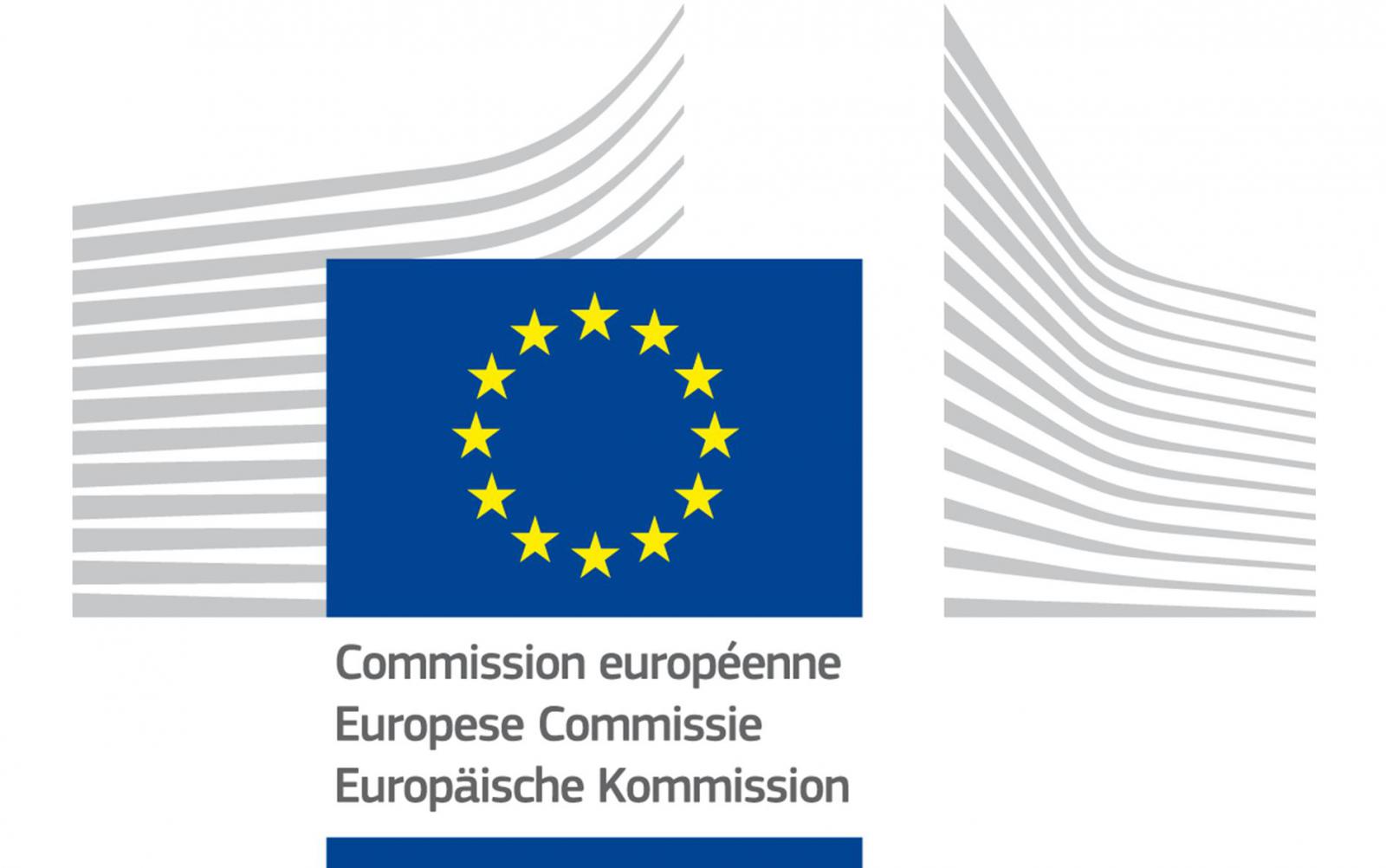
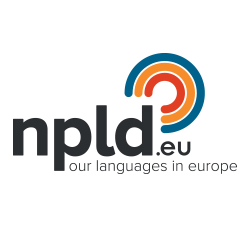

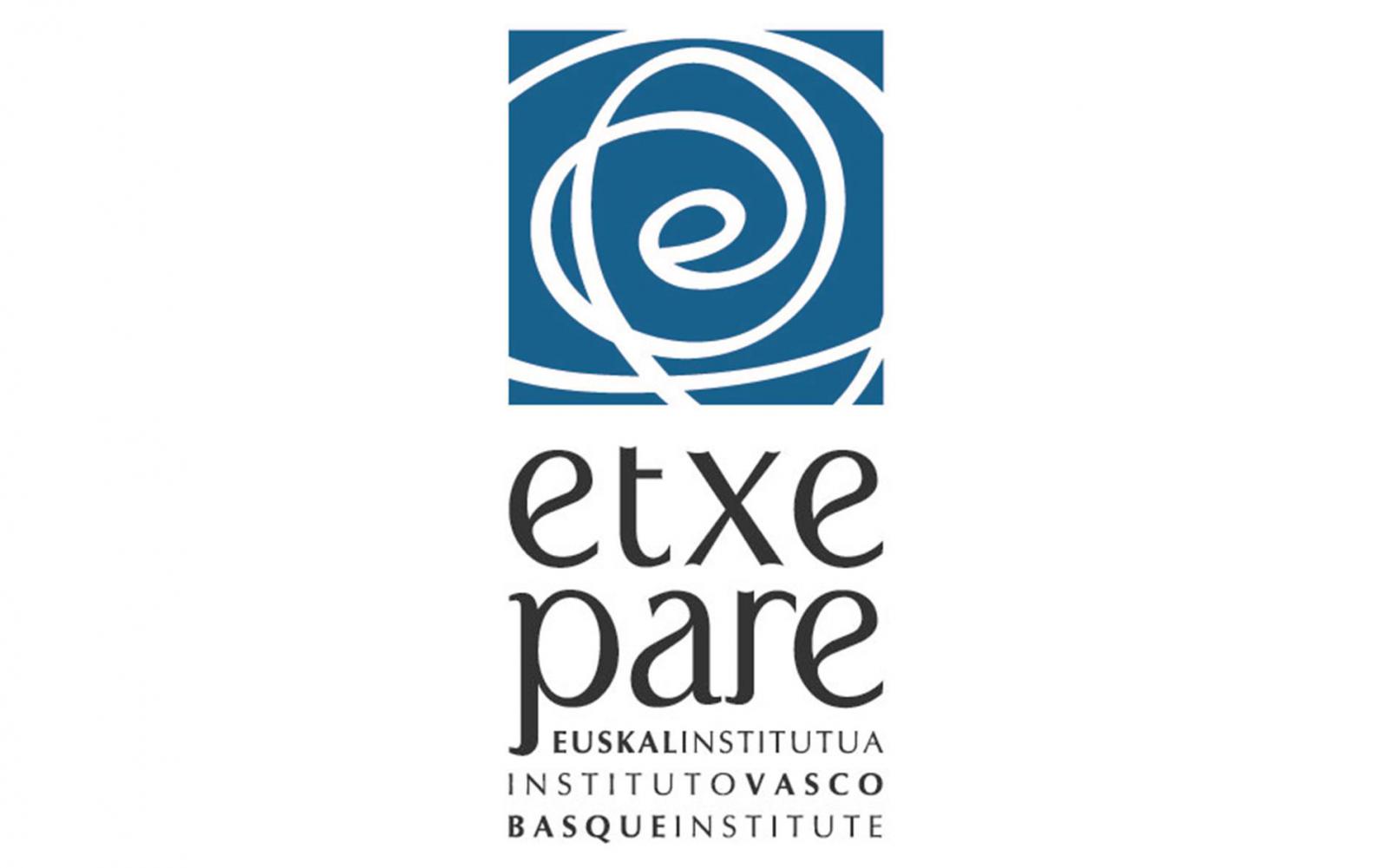
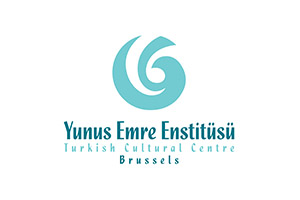
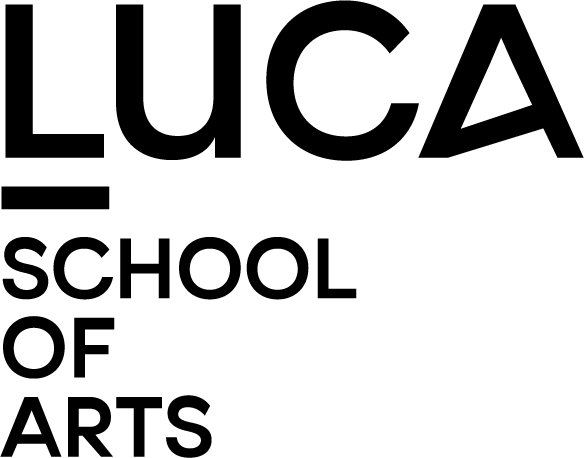
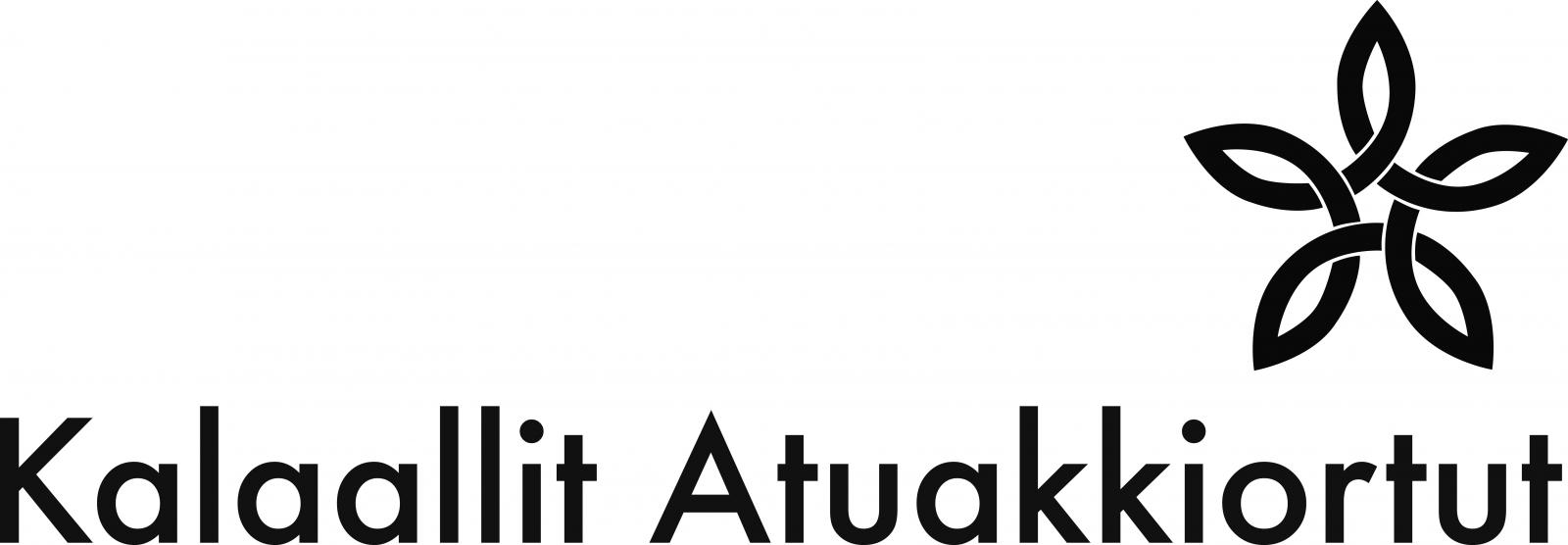

/RO - on the website.png)

